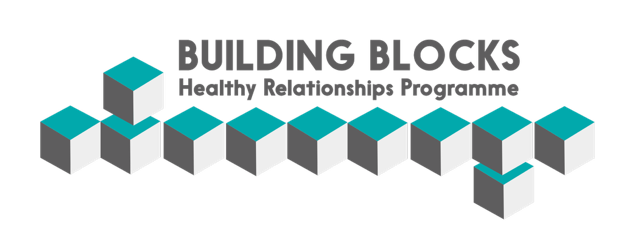
Healthy Relationships for Teens
 Healthy relationships
Healthy relationships
Exploring what it means to have healthy relationships, and how to set boundaries to ensure
safety and wellbeing by:
● Identifying different types of relationships people have in their lives
● Challenging existing beliefs and attitudes about relationships
● Exploring the qualities of healthy relationships
● Understanding what boundaries are, and how to establish them in relationships
When relationships go wrong
Exploring the differences between healthy, unhealthy and abusive relationships, and how to
manage harm in relationships, by:
● Understanding the Relationship Spectrum: Healthy – Unhealthy – Abusive
● Examining relationship scenarios and identifying what healthy qualities are missing
● Practising using ‘I’ statements to manage relationship conflict
● Exploring relationship support pathways
Consent
Exploring the topic of consent and the complexities that come with negotiating consent in
relationships, by:
● Challenging the phrase ‘yes means yes’ and looking at why people may feel pressure
to give their consent
● Understanding power dynamics in relationships and how these influence consent
● Exploring our ‘4 Steps to Consent’ framework: Thinking, Talking, Checking, Reflecting
● Practising how to have consent conversations, and ensuring the people we are with
are comfortable setting boundaries
● Examining consent law in Aotearoa New Zealand
Communication
Exploring the topic of healthy communication and how to have tricky conversations with
people we care about, by:
● Understanding communication styles (Passive, Aggressive, Passive-Aggressive and
Assertive)
● Exploring our SPEAK framework – used to explore assertive communication
● Using communication scenarios to practise skills needed for difficult conversations,
including considering the thoughts and feelings of others
Gender and identity
Exploring the impact of gender stereotypes on individual wellbeing and relationships, by:
● Exploring what the term ‘gender’ means
● Identifying gender stereotypes and evaluating their impact on people and wider
society
● Considering the aspects of gender stereotypes that are related to harm in
relationships
● Understanding how to manage or challenge gender stereotypes
Online activity/harm
Exploring healthy versus unhealthy relationships in an online context, and where to go for
help when things go wrong, by:
● Having group discussions around online safety issues most relevant to participants
● Exploring online safety and healthy relationship skills through a group scenario
activity (‘Pick a Path’ style)
● Understanding the difference between ‘Support vs. Report’ – showcasing services
provided by ICON.org.nz and netsafe.org.nz and allowing participants opportunities
to navigate these sites together
Pornography
Exploring the topic of pornography and how it impacts people’s lives and relationships, by:
● Defining pornography
● Facilitating discussion via our ‘Young people and Pornography’ continuum
● Thinking critically about the messages people receive from pornography regarding
relationships, gender, sexuality, and consent, and the impacts of these
● Addressing help-seeking pathways by showcasing information and advice provided
by intheknow.org.nz
Support options in Aotearoa New Zealand
Exploring what it means to both get and give support when relationships go wrong by:
● Exploring help-seeking pathways for people who have been harmed in a relationship,
are doing harm in a relationship, or know about harm happening in a relationship
● Identifying and addressing barriers to help-seeking for young people
● Practising upstander responses to unhealthy relationship scenarios
● Actively exploring support services online, and working to promote these to peers
© 2023 | www.empowermenttrust.nz
(All prices include GST)
Order online






 Copyright © 2026 Empowerment Trust | Site by
Copyright © 2026 Empowerment Trust | Site by